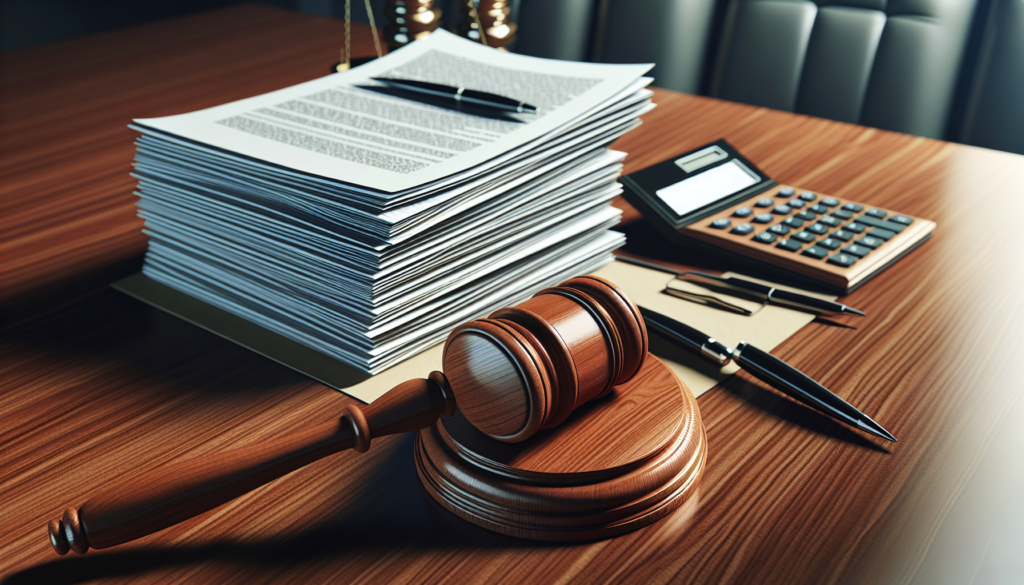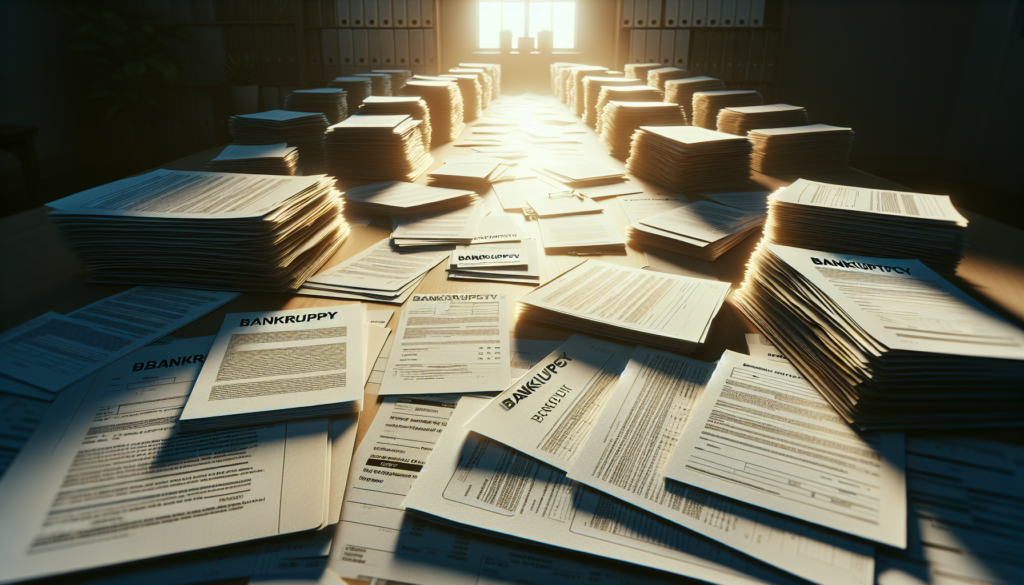
When only one party files for Chapter 7 bankruptcy and there’s a co-signed debt involved, the implications can vary for each party associated with the debt. Here’s what typically happens:
For the Person Filing for Bankruptcy:
- Discharge of Personal Liability: The individual who files for Chapter 7 bankruptcy can have their personal liability on the co-signed debt discharged, meaning they are no longer legally obligated to repay the debt.
- Credit Report Impact: The bankruptcy will appear on the filer’s credit report and can significantly impact their credit score. The discharged debt will also be noted on their credit report.
For the Co-signer:
- Continued Liability: The co-signer remains fully liable for the debt. Creditors can (and likely will) pursue the co-signer for the full repayment of the debt, as the co-signer’s obligation to repay is not affected by the other party’s bankruptcy.
- Credit Report and Score: The co-signer’s credit report will not show the bankruptcy filing of the other party, but the account status could still impact the co-signer’s credit. If the debt goes unpaid, it could be reported as delinquent on the co-signer’s credit report, potentially harming their credit score.
- Collection Actions: Since the co-signer is now solely responsible for the debt, they might face increased collection efforts if the debt is not being paid.
Joint Filers and Co-signers:
It’s important to differentiate between joint account holders and co-signers, though the implications can be similar in the context of bankruptcy. Both parties are responsible for the debt, but a co-signer typically does not benefit from the credit line or loan, whereas joint account holders usually do.
Recommendations for Co-signers:
- Stay Informed: If you’re a co-signer, stay informed about the primary borrower’s financial situation, especially if you know they’re considering bankruptcy.
- Communicate: Maintain open lines of communication with the borrower. If they’re struggling to make payments, you’ll want to know as soon as possible since you might need to make payments to avoid negative impacts on your credit.
- Legal Advice: Consider seeking legal advice to understand your rights and options, especially if you’re facing financial strain due to the primary borrower’s bankruptcy.
When one party in a co-signed debt files for Chapter 7 bankruptcy, the non-filing co-signer remains liable for the debt. This situation underscores the risks associated with co-signing a loan or credit line, as the co-signer can be left with the full responsibility for the debt if the primary borrower cannot or does not pay.


Get a Free Bankruptcy Case Evaluation